Us For All Women
by: Camila Cavalcante , June 25, 2022
by: Camila Cavalcante , June 25, 2022
Nós Por Todas, Portuguese for ‘Us For All Women,’ is a project that explores the idea of the female body as a confrontational space to expand the debate around abortion. In Brazil, abortion is only legal to save a woman’s life, in case of foetal development without a brain, and in cases of rape. Despite this prohibition, one in five women between 14 and 40 years old have had at least one abortion in their lives.
Within this context, and over the course of three years, I developed a network of 50 women in Brazil who shared their experiences and opinions about illegal abortion with me, and entered the debate on the right to abortion, while their identities remained protected. I created a series of nude self-portraits in which I am holding and hugging these women in their homes, with their backs facing the camera, while I reveal my face, exposing my body and my identity in their name.
The titles of the images refer to the year in which each woman experienced an illegal abortion. Each image is followed by a quote from the conversations I had with each one of the collaborators. The written word and the photographs give voice to these women’s stories, creating a political and intimate manifesto.
Us for All Women in 2005
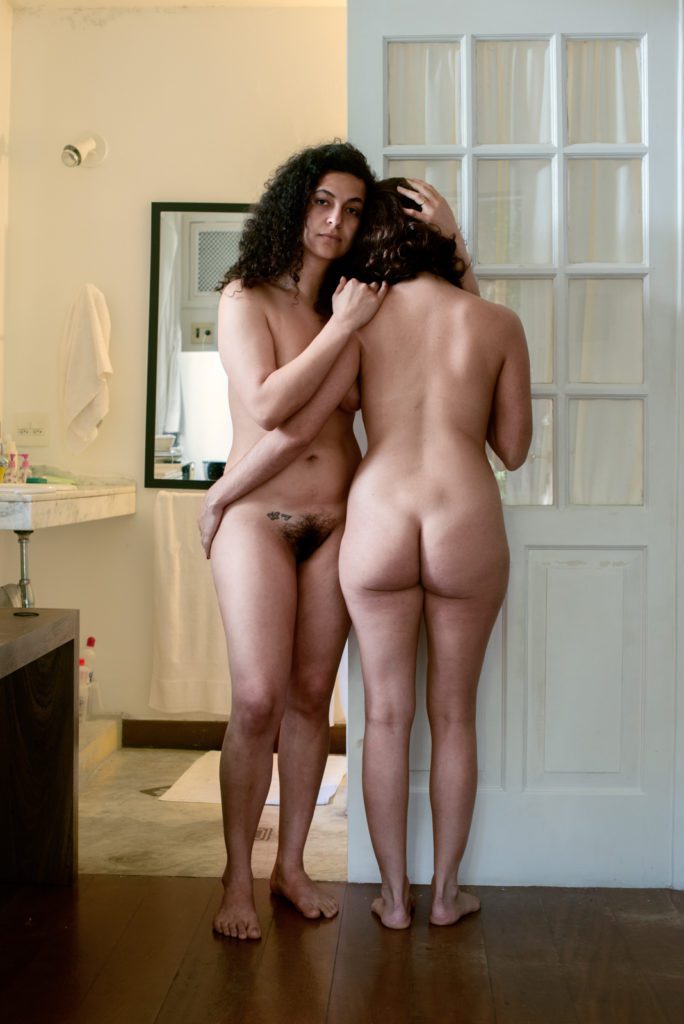
‘When I found out I was pregnant, I knew I didn’t want to have the baby. The father was the first person I talked to. His reaction was, ‘It’s not my problem.’ He was an idiot who didn’t have any empathy for the human being in front of him.
I didn’t know who else I could talk to. My family was putting a lot of pressure on me not to tell anyone. I talked to a doctor, and he only spoke to me about the moral side of having an abortion. He told me that what I was doing was wrong, as if any part of this hellish process was easy.’
Us for All Women in 2017-4
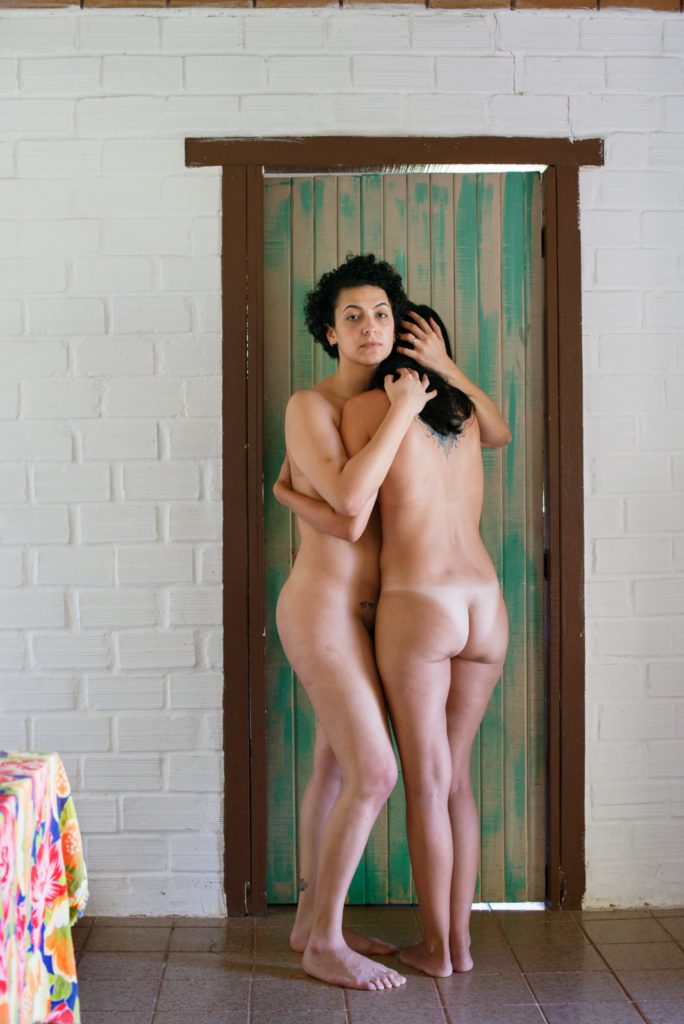
‘What choice was that? Have a baby alone again while he would be a father when it suited him, or not have a baby. I see that as an appropriation of feminist speech: it was convenient for him that the ‘choice’ was mine.
The moment I found out I was pregnant was when I needed him most. I made the choice to have an abortion because he said that he didn’t want to be with me anymore. I wanted to have a baby with him by my side, with his support. I didn’t want to change my life completely and end up on my own with a child.’
Us for All Women in 2011
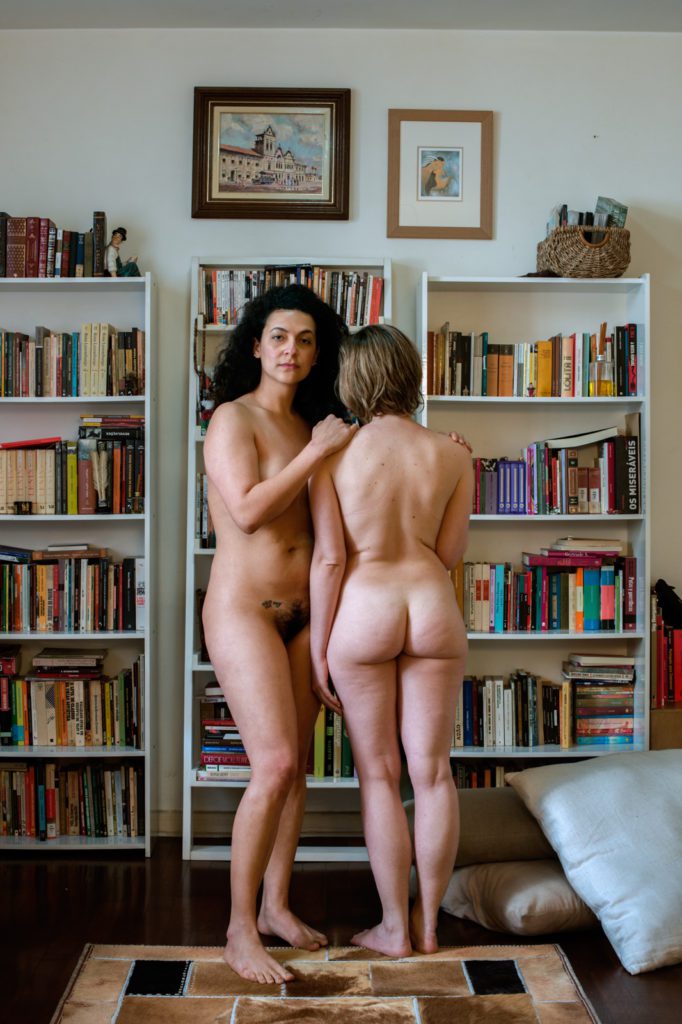
‘I had a socio-economic advantage, and was able to look for a place that would not scar me, that would not mutilate me, that would not leave me with any painful consequences of my decision.
It is a woman’s right. It is the expression of her autonomy to claim uncompromising power over her own body and the determination of her own future. It is overcoming motherhood as a biological destiny. We need to radically defend women as human beings, as complete and powerful agents who can exercise their right to life and freedom.’
Us for All Women in 2004
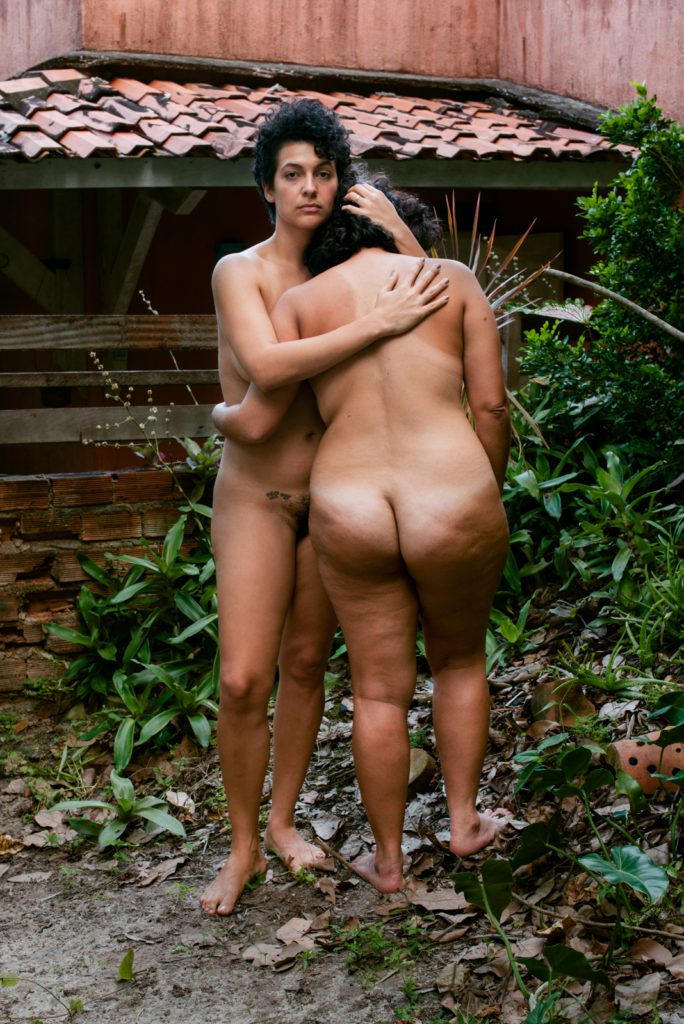
‘Abortion exists, so there’s nothing to discuss. If the legislation changes, the number of procedures would not increase, but the number of deaths would decline.
Although I think laws do not change reality, they have a large symbolic weight. Religion would continue to interfere, of course, but in terms of society and the way in which abortion is seen, I think things could shift. No one should impose their religion on others.’
Us for All Women in 2017-5
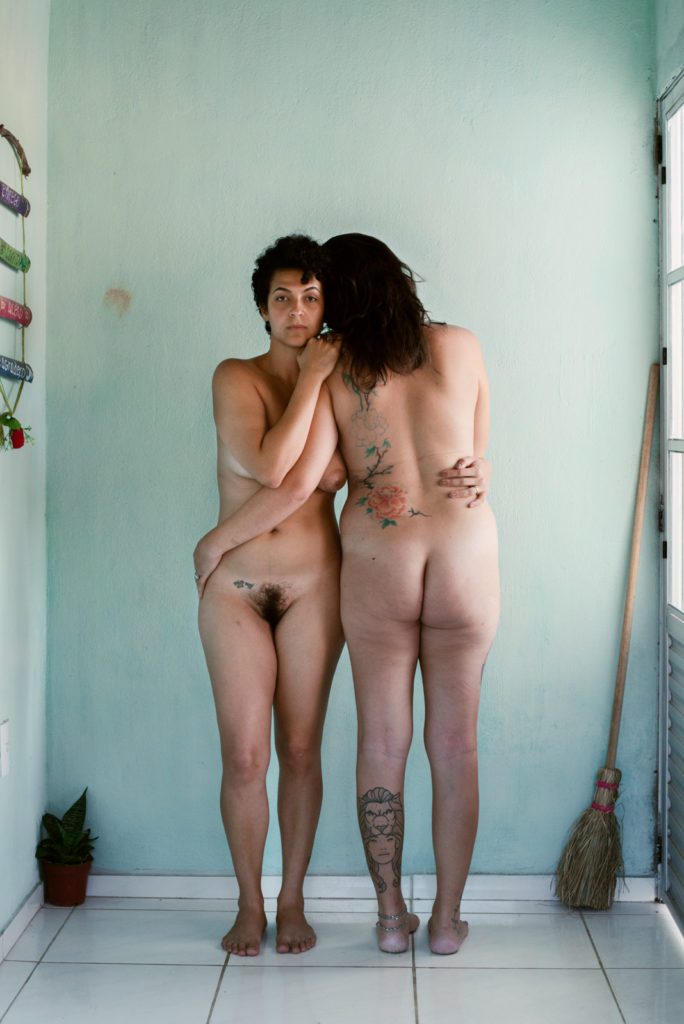
‘I managed to get a legal abortion, but the process was psychological torture. I gave up twice, because two people came to convince me not to do it. You can change your mind about having an abortion, but you should do it for your own reasons, not because someone with different beliefs wants to influence your decision and your life. You can be easily persuaded by others when you are in a vulnerable situation, but it has to be your own choice.’
Us for All Women in 2006-2
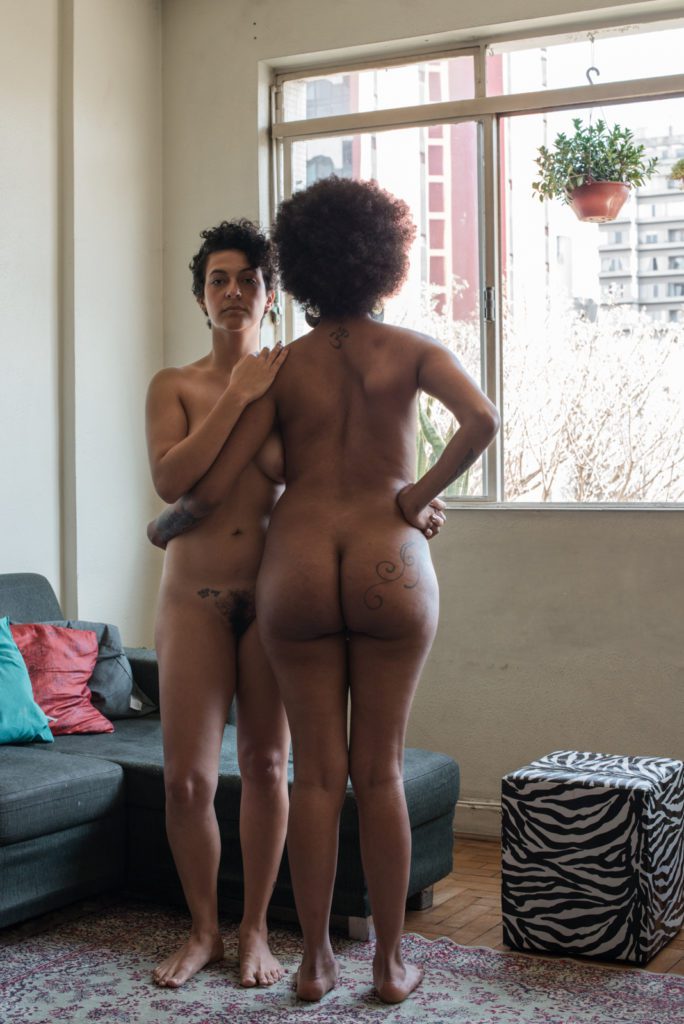
‘I didn’t feel anything about the pregnancy at the time. The only thing I could think about was what I had to do to get out of the situation. I had to find a way out of that nightmare.
Although I was adamant that it was what I wanted, I spent a while blaming myself for the abortion. I thought I had committed a terrible sin because everyone around me viewed abortion as the taking of a ‘life.’ Yet, if I had chosen to have the child, no one would have helped me. It’s hypocritical.’
*
For more information: www.camilacavalcante.com/usforall
WHO SUPPORTS US
The team of MAI supporters and contributors is always expanding. We’re honoured to have a specialist collective of editors, whose enthusiasm & talent gave birth to MAI.
However, to turn our MAI dream into reality, we also relied on assistance from high-quality experts in web design, development and photography. Here we’d like to acknowledge their hard work and commitment to the feminist cause. Our feminist ‘thank you’ goes to:
Dots+Circles – a digital agency determined to make a difference, who’ve designed and built our MAI website. Their continuous support became a digital catalyst to our idealistic project.
Guy Martin – an award-winning and widely published British photographer who’s kindly agreed to share his images with our readers
Chandler Jernigan – a talented young American photographer whose portraits hugely enriched the visuals of MAI website
Matt Gillespie – a gifted professional British photographer who with no hesitation gave us permission to use some of his work
Julia Carbonell – an emerging Spanish photographer whose sharp outlook at contemporary women grasped our feminist attention
Ana Pedreira – a self-taught Portuguese photographer whose imagery from women protests beams with feminist aura
And other photographers whose images have been reproduced here: Cezanne Ali, Les Anderson, Mike Wilson, Annie Spratt, Cristian Newman, Peter Hershey
